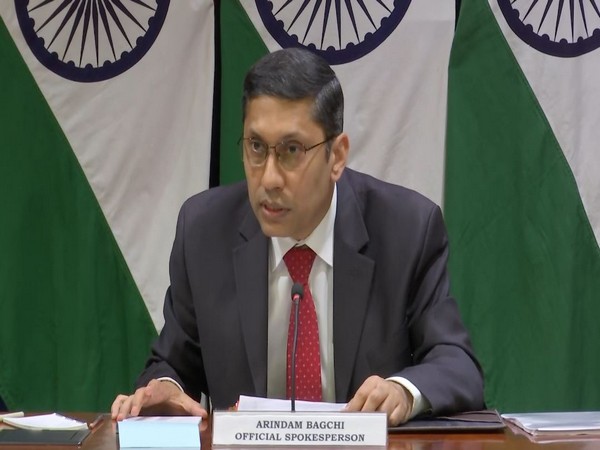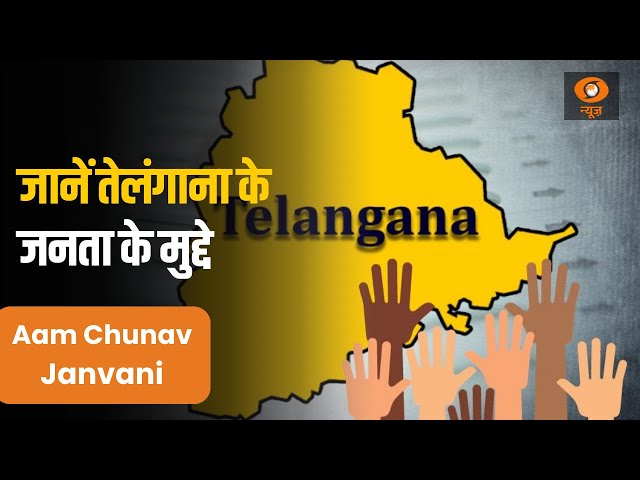Soil and water are two fundamental resources for our sustenance with over 95 percent of our food originating from them. The ongoing United Nations COP28 climate summit discussions highlight the significance and the need to undertake informed practices for scaling soil health for resilient agrifood systems. The symbiotic connection between soil and water is the foundation of our agricultural systems and critical to achieving the United Nations Agenda 2030. However, the current climatic changes coupled with human activities are adding excessive pressure on our soil and water.
For India, the criticality of good soil health and water availability is imminent as around 50 percent of the country’s net sown area is rainfed, contributing to 40 percent of the total food production. The theme for this year’s World Soil Day was ‘Soil and water, a source of life’. FAO called for the need to raise awareness of the importance and relationship between soil and water to achieve sustainable and resilient agrifood systems. It advocates the essentiality of working with individuals to empower and engage to improve soil health.
Degraded soil and water resources affect food security
Food availability depends on soils. Nutritious and good quality food and animal fodder can only be produced if our soils are healthy. Soils supply nutrients and water to crops through their root systems, which in turn produce our food. They also create an environment for millions of micro-organisms and support soil biodiversity.
The interconnectedness of soil and water for food security is vital for ensuring food and nutrition security. Inappropriate soil and water management practices can lead to soil erosion, reduced soil biodiversity, diminished soil fertility, and compromised water quality and availability. Water scarcity, on the other hand, leads to the loss of soil biodiversity and cause eutrophication, resulting in the loss of biodiversity in water bodies.
Inappropriate use of pesticides and fertilizers not only threatens soil and water quality but also poses significant risks to human health and ecosystems. Additionally, an increase in soil salinization and sodification, resulting from poor management of irrigation and drainage, as well as rising sea levels, negatively impacts agricultural productivity.
Need for an integrated soil and water management approach
Sustainable soil management could produce more food. Land use planning and sustainable management of soils require innovative approaches and the involvement of multiple stakeholders. FAO supports the government of India’s efforts in soil and water management, as an essential step towards promoting climate-resilient agrifood systems in India. Under the Global Environment Facility (GEF) funded projects, FAO adopts a landscape approach by incorporating participatory governance and community-based natural resource management at grassroots levels. Currently, FAO is working in five high-conservation-value landscapes in the states of Madhya Pradesh, Mizoram, Odisha, Rajasthan, and Uttarakhand for sustainable management of natural resources, land-use systems, and improved livelihood options. FAO is also working alongside the National Rainfed Area Authority of the Ministry of Agriculture and Farmers’ Welfare (MoA&FW) and is piloting predictive tools through data analytics in Andhra Pradesh, Himachal Pradesh, Karnataka, and Maharashtra. These tools support at-risk farmers, especially in rainfed regions, by providing them with valuable insights for informed decision-making regarding crop selection.
FAO advocates the government of India’s five-pronged strategy for soil conservation which includes making soil chemical-free, saving soil biodiversity, enhancing soil organic matter, maintaining soil moisture, mitigating soil degradation, and preventing soil erosion. The government of India’s Soil Health Card scheme, launched in 2015, displays soil health indicators and associated descriptive terms, which guide farmers to make necessary soil amendments.
FAO has developed a tool RECSOIL, a mechanism for scaling up sustainable soil management with a focus on soil organic carbon. In India, FAO promotes crop diversification and conducts landscape planning across Madhya Pradesh, Mizoram, Odisha, Rajasthan, Uttarakhand, Chhattisgarh, Haryana, and Punjab. In Andhra Pradesh, FAO collaborates with the state government and the Indian Council of Agricultural Research (ICAR) to aid farmers in transitioning sustainably towards agro-ecological methods and organic farming.
FAO believes that integrated sustainable soil and water management practices, such as minimum tillage, crop rotation, organic matter addition, and cover cropping, are essential to improving soil health, reducing erosion, and enhancing water infiltration and storage. These practices help preserve soil biodiversity, improve fertility, and contribute to carbon sequestration. They play a crucial role in reducing climate change impacts and enhancing food and nutrient security.
(This article has been written by Takayuki Hagiwara, the FAO representative in India)



















